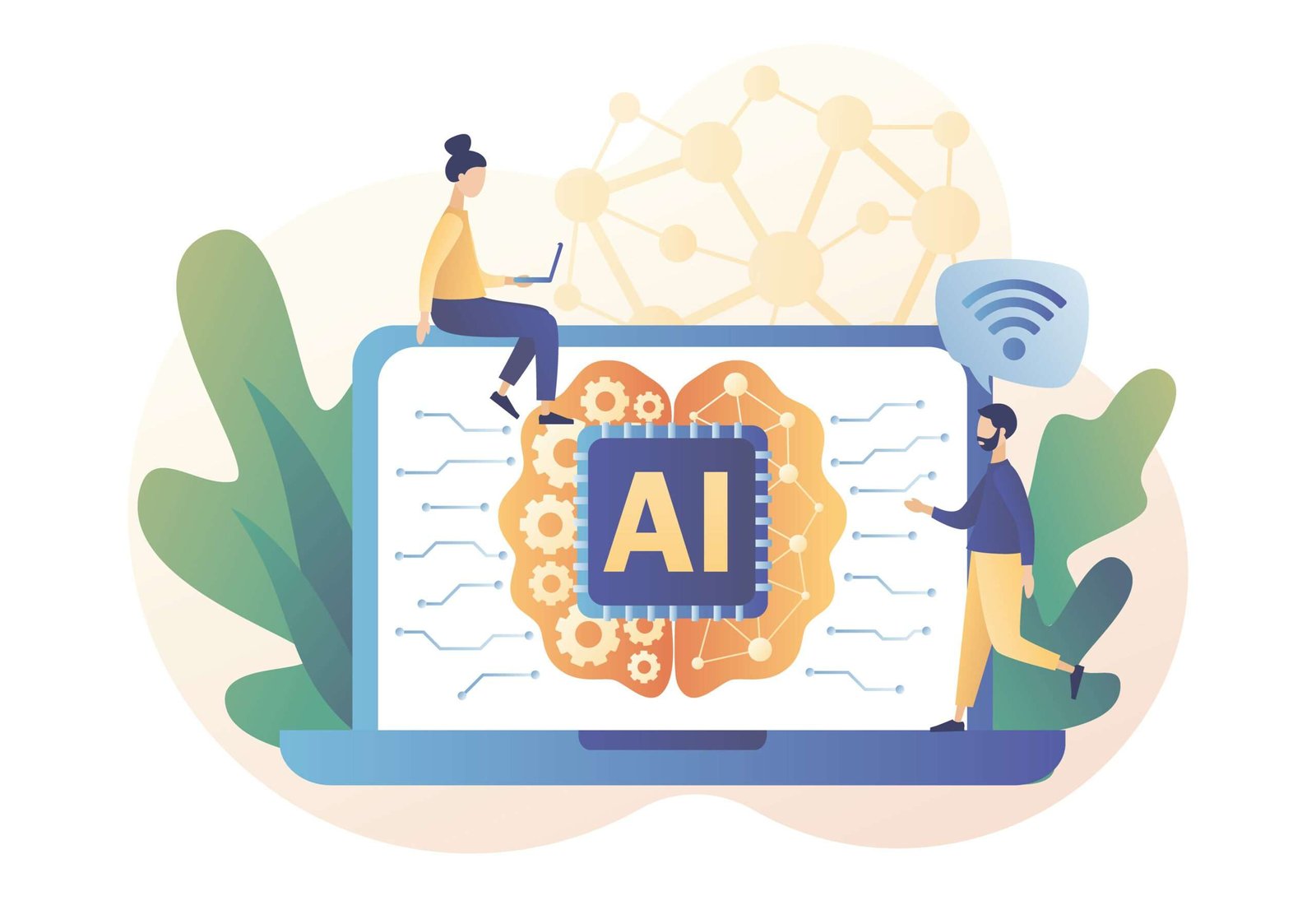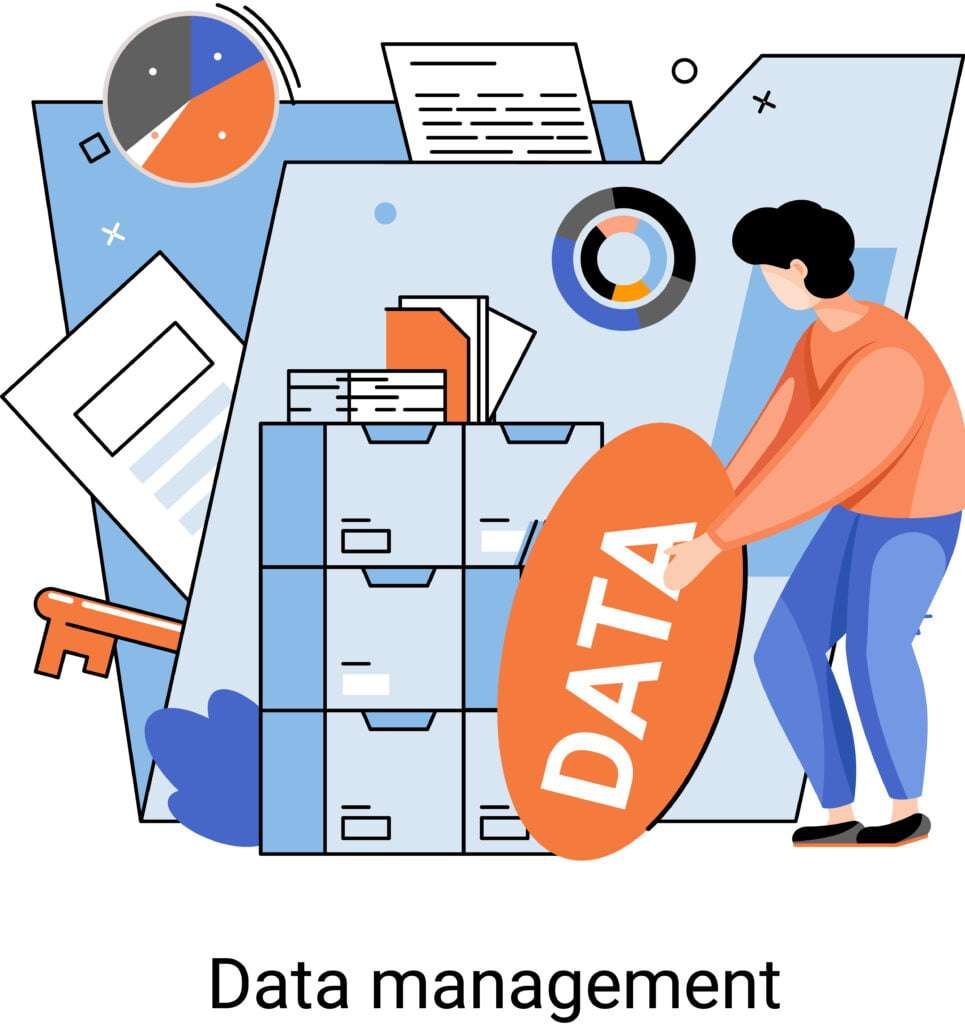Unlock AI Success in 2024
CDOs Need AI-Powered Data Management for 2024 AI Readiness
In the rapidly evolving digital landscape of 2024, Chief Data Officers (CDOs) face an increasing demand to leverage data efficiently. Integrating AI into data management has become crucial. To stay competitive, companies need AI not just for operations but also for strategic growth. How can CDOs ensure their organization is ready for this AI-driven future?
The Imperative of AI in Data Management
AI offers a transformative opportunity for businesses. Data is the bedrock of informed decision-making, and AI-powered data management can enhance this process significantly. **Artificial Intelligence** aids in organizing, analyzing, and drawing insights from vast datasets faster than traditional methods. Consequently, CDOs can capitalize on this by accelerating their organization’s AI-readiness.
Enhanced Efficiency and Accuracy
Firstly, AI-powered data management systems improve efficiency by automating repetitive tasks. For example, they can clean, sort, and prepare data for analysis without human intervention. This automation not only saves time but also reduces the risk of human error. Through AI, data processing becomes more accurate, enabling CDOs to trust the insights generated. In turn, more informed decisions can be made swiftly.
Real-Time Data Processing
Secondly, with AI, organizations can experience real-time data processing, providing immediate insights. Real-time capabilities enable businesses to react quickly to changes or new data, maintaining relevance in a fast-paced market. As a result, opportunities for innovation and growth are maximized. For CDOs, this represents an invaluable asset in not only staying competitive but also in predicting future trends.
AI-Driven Strategic Decision Making
Next, AI unlocks advanced data analytics, which, in turn, drives strategic business decisions. Advanced analytics involves predictive analytics, natural language processing, and machine learning algorithms. These technologies analyze data patterns, predict outcomes, and generate actionable insights. For more on data analytics benefits, consider exploring our related articles.
Predictive Analytics for Forecasting
Predictive analytics, a key AI application, enhances forecasting accuracy. CDOs can now anticipate market trends and customer behaviors, aligning strategies accordingly. Consequently, businesses can stay ahead of competitors. Additionally, improved forecasting means better resource allocation, optimizing operational efficiencies.
Risk Mitigation and Management
Moreover, AI aids in risk management by identifying potential risks before they escalate. Machine learning algorithms detect anomalies and signal potential concerns. This proactive approach allows CDOs to mitigate risks, ensuring stable business operations. Furthermore, comprehensive understanding of risks leads to better preparation and strategic moves.
Challenges and Solutions in AI Adoption
AI integration into data management isn’t devoid of challenges. However, understanding these challenges can guide CDOs towards strategic solutions.
Data Privacy and Security
Firstly, data privacy remains a primary concern. As AI processes more data, ensuring robust security protocols is non-negotiable. Implementing strict access controls and encryption can safeguard sensitive information. CDOs should prioritize compliance with international data protection standards to maintain trust and integrity in AI deployment.
Scalability and Infrastructure
Secondly, existing infrastructure might not support AI deployment. Organizations may face scalability issues. Investing in cloud-based solutions ensures flexibility and scalability, allowing for seamless AI integration. Furthermore, partnering with AI solution providers can bridge expertise gaps, facilitating smooth transitions.
Future-Proofing with AI
In conclusion, future-proofing business strategies through AI in data management is essential. AI can drive innovation, enhance customer experiences, and streamline operations. CDOs play a crucial role in piloting this transformation. By embracing AI, they prepare their organizations for a future teeming with technological advancements.
Finally, as the tech landscape evolves, keep abreast of emerging trends to maintain a competitive edge. For more insights and updates on AI and data management, visit Forbes Technology.
Empower your organization with AI, and navigate the complexities of the digital era smoothly and successfully.
For more information on achieving AI-readiness, check out comprehensive AI implementation guide.









 The rapid growth of generative AI has opened up new realms of possibilities in data analytics. However, with these advancements come significant challenges. One of the most pressing issues is data governance. In this blog post, we will explore how effective data governance can empower generative AI analytics and ensure ethical, secure, and effective use of data.
The rapid growth of generative AI has opened up new realms of possibilities in data analytics. However, with these advancements come significant challenges. One of the most pressing issues is data governance. In this blog post, we will explore how effective data governance can empower generative AI analytics and ensure ethical, secure, and effective use of data.